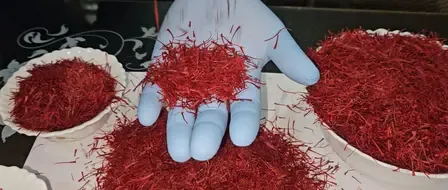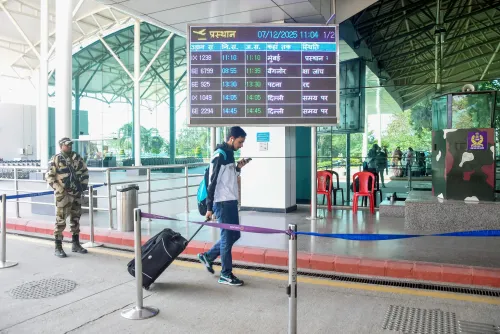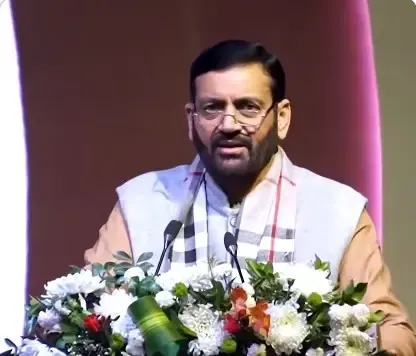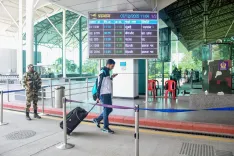How Did a World War II Bomb End Up Near a River in Bengal’s Birbhum?
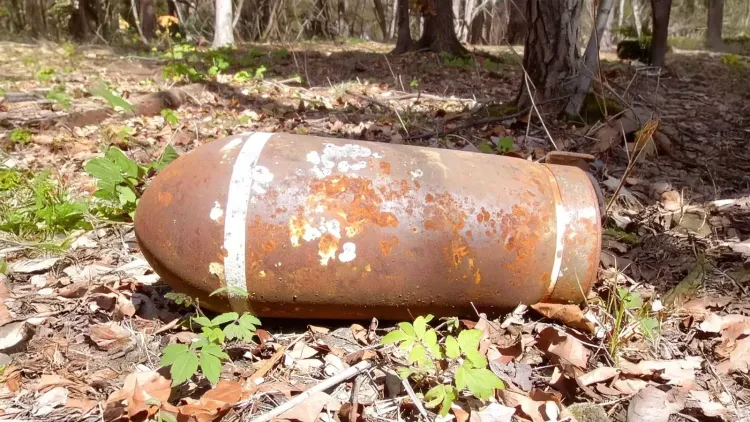
Synopsis
Key Takeaways
- A live World War II bomb was discovered in Laudaha village, West Bengal.
- The Army successfully defused the bomb, ensuring public safety.
- This incident raises questions about the longevity of wartime explosives.
- Local authorities acted quickly to secure the area and keep residents safe.
- Similar discoveries highlight the importance of awareness regarding historical remnants.
Kolkata, Oct 23 (NationPress) A mystifying situation has emerged in a village close to Bolpur in the Birbhum district of West Bengal after a live bomb from World War II was discovered there.
Army personnel stationed at a nearby base effectively defused the explosive found in Laudaha village, which is home to the renowned Visva Bharati University founded by Rabindranath Tagore. The enigma lies in how this bomb ended up in such a location and remained undetected for decades.
The Army successfully neutralized the bomb on Wednesday by conducting a controlled explosion, which was so powerful that tremors were felt in surrounding villages.
Reports indicate that local fishermen first spotted an unfamiliar cylinder-like metallic object on the banks of the Ajay River in Laudaha about a month ago. Initially, they dismissed its significance, but the situation escalated enough for police to be alerted.
The area was secured, and authorities instructed residents to maintain distance from the site. Subsequently, Army officials were notified, conducted inspections, and ultimately decided to defuse the bomb under the oversight of Central forces.
It is remarkable that even after more than 80 years since World War II, the bomb remained active.
A senior officer from Birbhum district police stated, "The bomb was defused yesterday in the presence of Army personnel. The area experienced considerable panic following the discovery of the bomb. We had secured the location for public safety, and things have now returned to normal after the bomb was neutralized."
It is worth noting that another World War II bomb was unearthed in Jhargram district last year. This occurred while excavation work was being done in Bhulanpur village, within Gopiballabhpur police jurisdiction. Upon receiving the report, administrative officials and a bomb squad were dispatched to the scene. This bomb was also successfully defused, as confirmed by Chief Minister Mamata Banerjee via social media.
During World War II, an airstrip was established in Jhargram for fighter planes, leading to the dropping of various bombs in the area to lighten their load.


